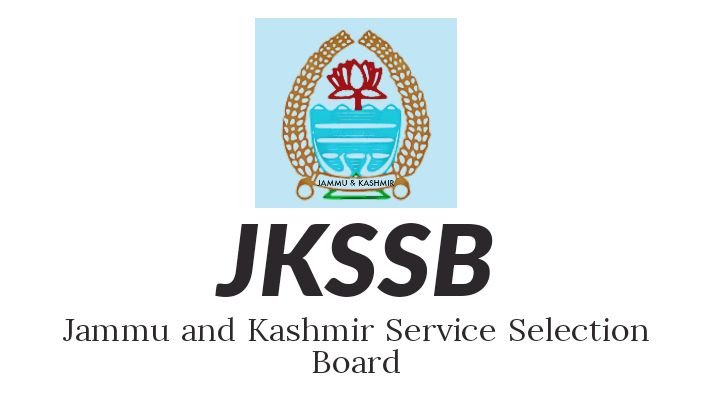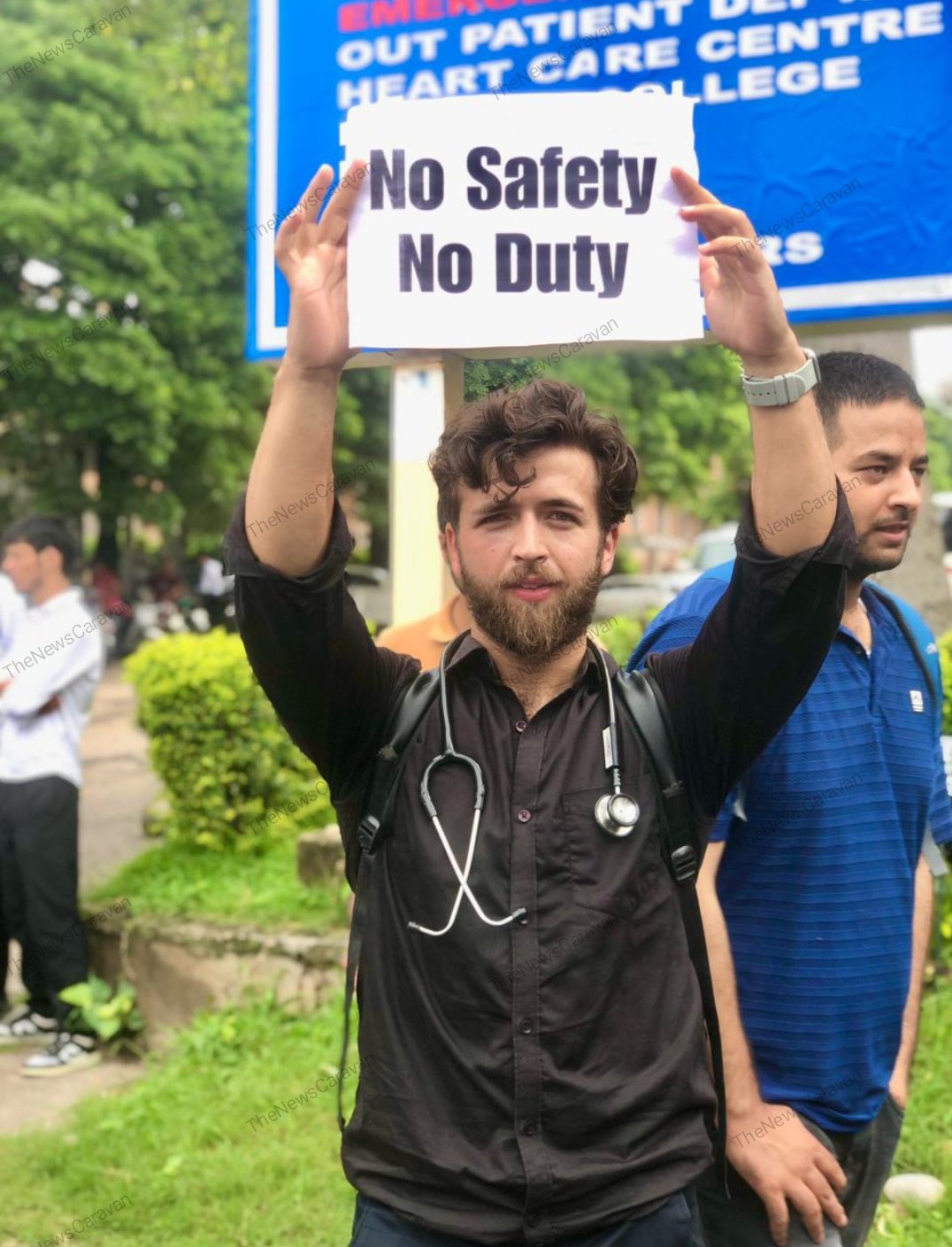The Indian government is taking decisive action to revoke the Overseas Citizenship of India (OCI) registration of more than a dozen individuals allegedly involved in pro-Khalistan activities and anti-India propaganda. This move comes in the wake of a diplomatic dispute between India and Canada, triggered by unsubstantiated claims made by Canadian Prime Minister Justin Trudeau regarding the alleged role of Indian agents in the killing of Khalistani terrorist Hardeep Singh Nijjar in Canada in June.
The escalating tensions between the two nations have already led to India suspending visa services for Canadian citizens and demanding a reduction in Canada’s diplomatic staff in India.
Indian intelligence agencies have compiled a dossier highlighting the presence of a thriving network of Khalistan terror elements operating on Canadian soil, despite repeated appeals from India to curb pro-Khalistani activities. The cancellation of OCI cards for individuals linked to the pro-Khalistan movement is viewed as India’s stern response to Trudeau’s unverified allegations.
OCI: A Brief Overview
Overseas Citizenship of India (OCI) is a distinct immigration status and visa category provided by the Indian government to foreign citizens or nationals of Indian origin. This status was introduced to address the aspirations of the Indian diaspora, especially those with Indian heritage or previous Indian citizenship.
Key Points about OCI:
- Eligibility: OCI is typically granted to individuals who can establish their Indian origin, including those who were Indian citizens as of January 26, 1950, or who were eligible for Indian citizenship at that time, along with their descendants.
- Benefits: OCI status offers various privileges, such as visa-free travel to India, property ownership rights, the ability to open bank accounts, and access to educational and employment opportunities in India.
- Restrictions: OCI status comes with some limitations, including the inability to vote in Indian elections, hold specific government positions, or acquire agricultural land in India. OCI holders also lack the full political rights of Indian citizens.
- Application Process: Individuals seeking OCI status typically apply through their respective Indian embassies or consulates, providing documentation of their Indian heritage and paying the necessary fees.
- Dual Citizenship: It’s important to note that OCI is not equivalent to full Indian citizenship, as India does not permit dual citizenship. OCI holders maintain their citizenship in their respective home countries.
- Renewal: OCI cards are generally issued for a lifetime, but renewal may be required in specific circumstances, such as obtaining a new passport.
The cancellation of OCI cards for pro-Khalistan elements underscores India’s commitment to safeguarding its national interests and maintaining the integrity of the OCI program. As tensions persist between India and Canada, both nations continue to seek diplomatic resolutions to their differences.
Summary:
- India plans to cancel OCI registrations of individuals involved in pro-Khalistan activities amid a diplomatic standoff with Canada over unverified allegations.
- This move follows India’s suspension of visa services for Canadian citizens and a reduction in Canada’s diplomatic staff in India.
- Indian intelligence agencies have documented a thriving Khalistan terror network in Canada, prompting India’s decisive action.
- OCI, a special immigration status, grants various privileges to individuals of Indian origin, but also comes with certain restrictions.
- Both countries are striving for diplomatic solutions as tensions persist.










